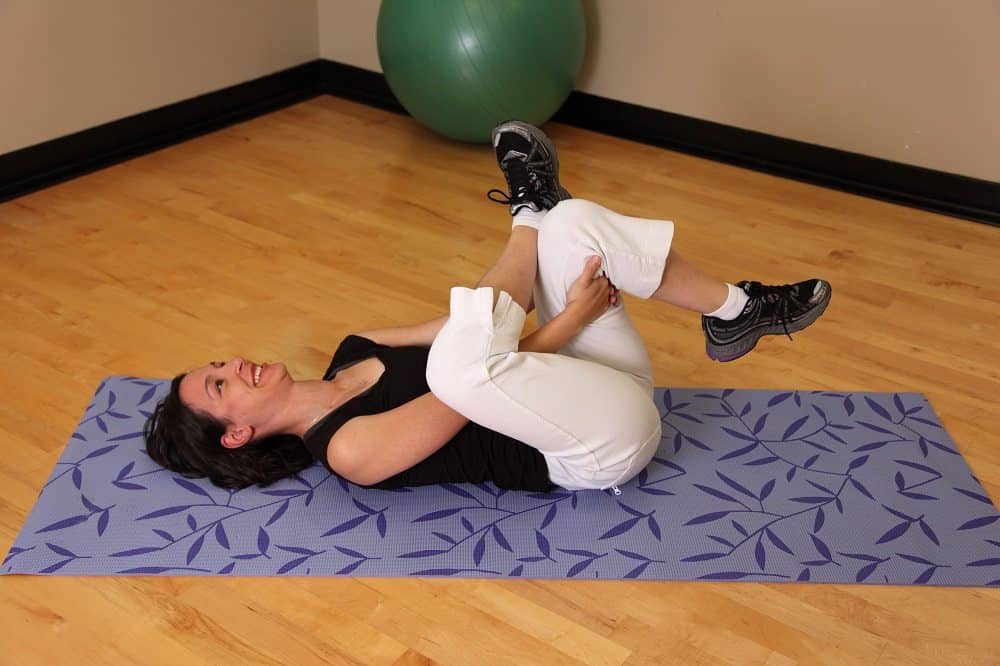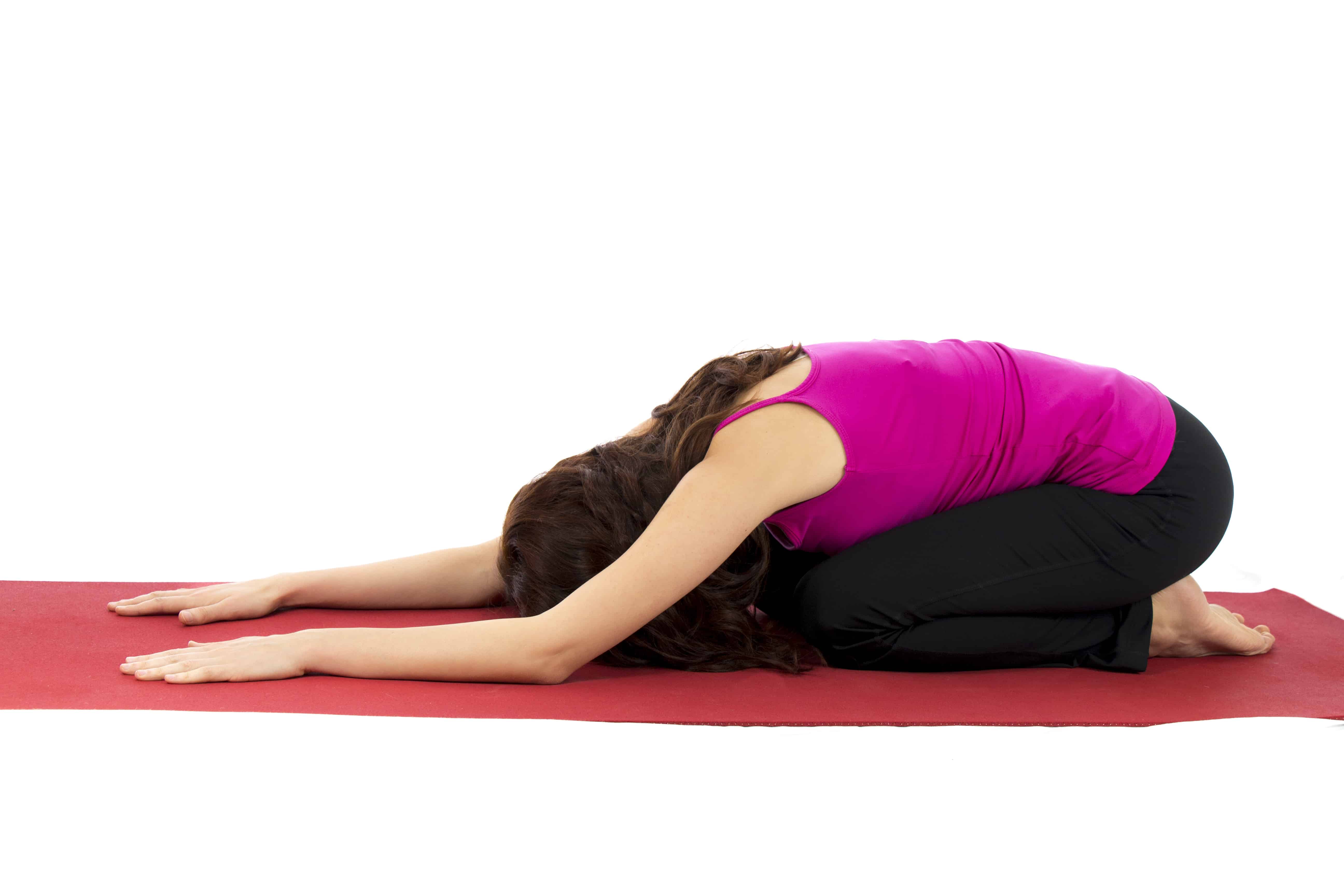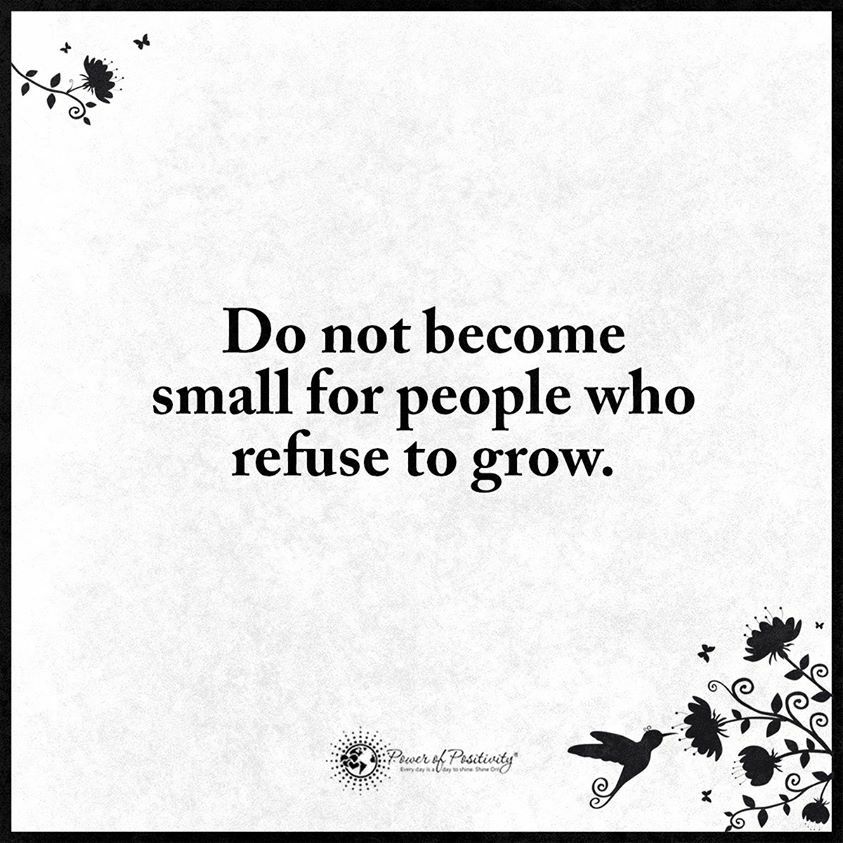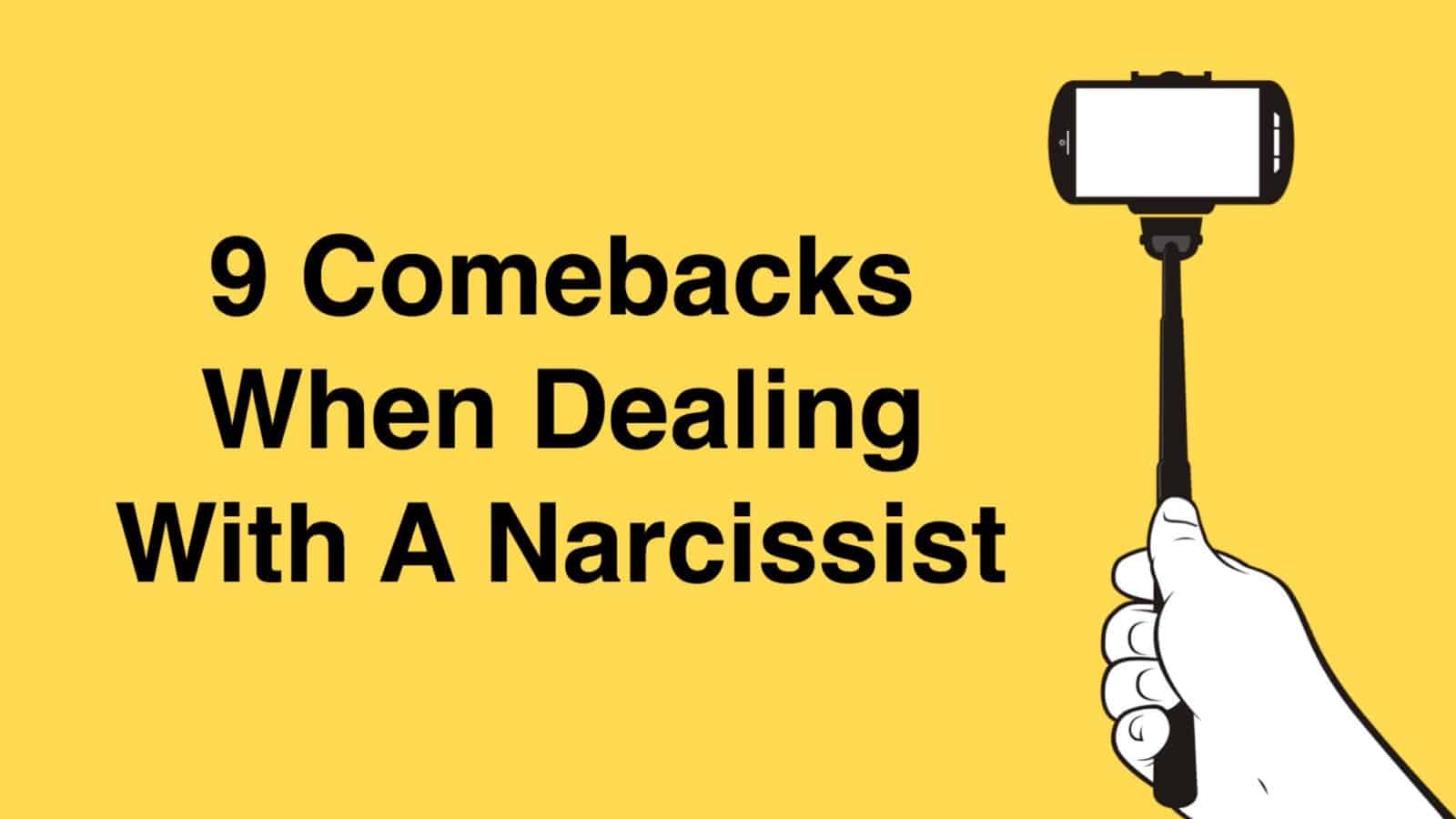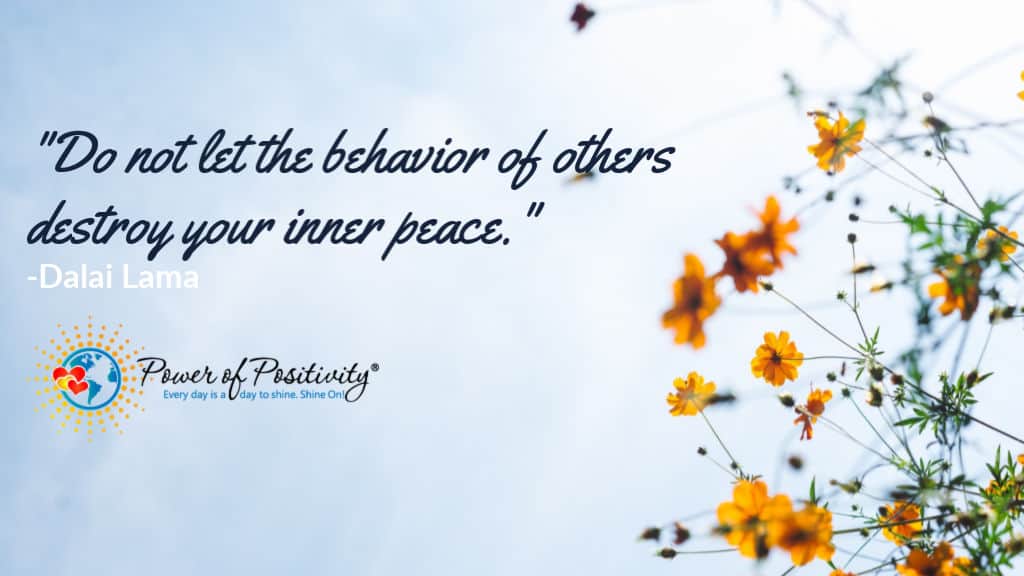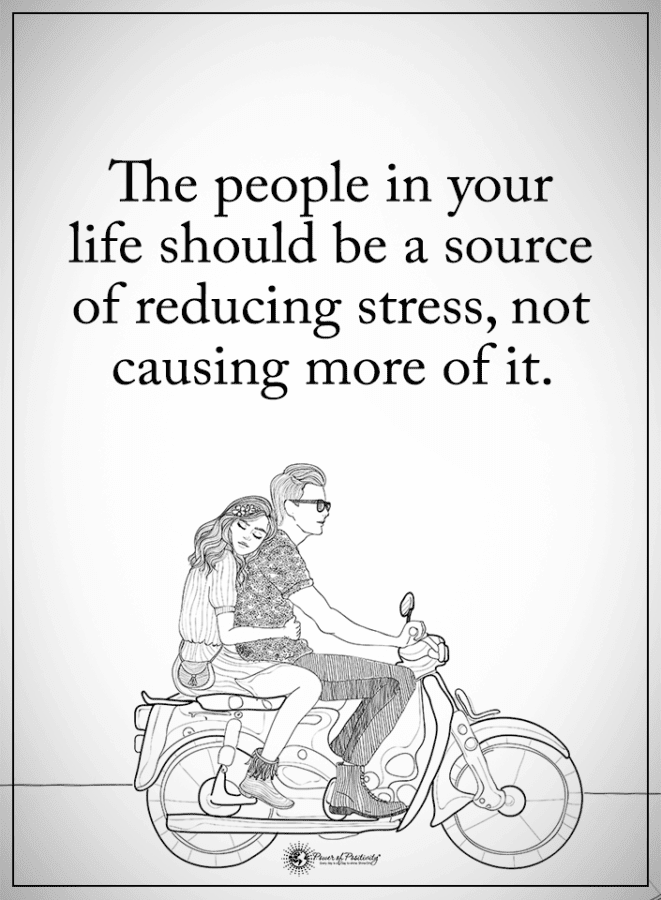When it comes to learning how to be positive, you may think that you should be happier more often. However, being happy and being positive are not always the same thing. There are several ways you can practice positivity even when you’re going through a challenging time in life. Researchers even suggest that we can cope with life more effectively by thinking positively and managing our emotions. It’s also important not to suppress your feelings and to work through negativity in order to live a more positive life. Here are some tips that could prove helpful when learning how to be positive.
1. Learn to Accept Things
Address the issues that you’re facing in life and accept where you are. Be honest about your negative feelings or thoughts and if you don’t enjoy what’s going on in your life, make the decision to change things.
Try not to be hard on yourself when you don’t feel your best. While you can’t control all the things that happen to you, you can control the way you respond to life’s situations. Become aware of the ways that you reduce stress and practice healthy habits. For instance, if you find that meditating or spending time alone is helpful, make time for this. If you are able to gain new perspective when you spend time with loved ones, make your social life a priority.
2. Set Goals
When you want to have a more positive outlook, it’s important to set goals. Making goals can make you feel hopeful about the future and will give you confidence about your purpose. This is especially true if you set goals that are in line with your values. Be as detailed as possible with your goals and remember to start small so that you won’t get overwhelmed. For instance, if your goal is to eat healthier, start by adding one vegetable side dish to your meals per week, then increase your intake of nutritious foods from there.
3. Meditate
Compassion meditation, known as “metta bhavana”, will help you to see the positivity in various aspects of life. With this form of meditation, you’ll be utilizing the love you feel for those who are important to you to others in the world. You’ll also learn how to effectively recover from tragedy or negative circumstances and you’ll likely see an improvement in your relationships after only a few weeks of practicing metta bhavana.
Meditation is good for your mental state as well. Studies have proven that meditation can help to reduce depression symptoms, and being compassionate toward others can help you to show yourself more compassion.
4. Write In a Journal
According to research, you need to balance your thoughts by having three positive thoughts each time something negative comes into your mind. Maintaining a journal can help you do this. Writing in your journal regularly will also make it easier for you to focus your energy on the positive things in your life. Writing things down will also help you to remember them.
Even if you write about negative experiences in your journal, don’t focus so much on the experiences themselves. Instead, write about your emotions regarding the situation as a way to help you process your feelings without holding on to the negativity.
5. Be Grateful
Remember that gratitude is an action word and isn’t just an emotion. Gratitude helps you to have a healthier mindset and can even improve your relationships, since you’ll learn how to see the bright side of things and become more patient with the people you love the most.
You can practice more gratitude by not feeling or behaving as though you are entitled in your relationships. Be grateful for the time that your friends and relatives invest in you, and do your best to show them mutual love and respect. It’s also helpful to be grateful for the little things in life so you’ll learn not to take the great things in your life for granted.
6. Affirm Yourself
It may seem a little corny to talk to yourself or to be your own cheerleader, but this can definitely help you to be more positive and feel happier day by day. However, when you speak positive words, you are more likely to think fulfilling thoughts. The more you affirm yourself, the stronger the “short-cut” in your brain, which means you will be more likely to default to positive thinking instead of having to work hard to make yourself see the bright side of life.
When learning how to be positive, repeating affirmations to yourself can also reduce depression and anxiety and enhance the function of the immune system. So, when you remind yourself that you are smart, capable and able to conquer anything that comes your way, you are actually improving your health.
7. Be Optimistic
Research from the 1970s found that people who were lottery winners weren’t any happier than people who didn’t have such good luck. This is due to the fact that humans have a happiness baseline, which means that after extremely happy or sad events take place in our lives, we return to our comfortable state of happiness.
It has also been proven that even if you have a naturally low baseline, you can learn to develop the power of positivity. When you learn how to be positive and are optimistic, you are likely to have a more enhance sense of well-being and increased self-esteem. This also changes the way you look at the world, and keeps you from blaming yourself for things that you can’t control. However, it’s important not to adopt blind optimism, since this could lead to disappointment later. For instance, when you’re just starting a new career or creative venture, don’t expect to be an expert right away. Rather, be upbeat about your potential and do your best, while being focused on your goals and being patient with yourself.

Change Your Negative Outlook to Positive
When learning how to feel happier and more positive, don’t use avoidance as a way to cope with negative experiences. While this may be natural to do because tragedies are painful and embarrassing, but when you ignore these situations, you cripple yourself and become less able to deal with the ups and downs of life. By adopting positive thinking, you can learn from your past and avoid certain mistakes in the future. Thinking about failures as an opportunity to try again and developing a positive attitude can also make you more determined, and you’ll be even more fulfilled when things actually work in your favor after you’ve put in the hard work.
8. Get Active
When learning how to be positive, it’s important to realize that your body and mind are very closely connected. If you have a hard time feeling positive on a regular basis, try getting more physically active. According to Amy Cuddy, a social psychologist, your posture can even change the way your body processes stress hormones. Try the “power pose,” in which you stick your chest forward and hold your shoulders back, looking straight ahead.
9. Smile More
Research suggests that when you smile, even if you don’t feel happier, your brain gets the message that you’re in a good mood and motivates you into having a positive attitude. When you engage in the duchenne smile, which activates the mouth and eye muscles, you’ll get even more benefits. People who spent more time smiling while undergoing uncomfortable or painful medical treatments were even reported to feel less pain.
10. Look Your Best
Did you know that according to a study, people who put on lab coats before performing a simple scientific experiment did better on the experiment than people who didn’t? This means part of the power of positivity is finding clothing that makes you look and feel great to give yourself a boost of creativity and positivity. It’s also important for you to take care of your body to increase your confidence, but don’t get stuck on trying to reach a certain weight. As you see your body change for the better, remember that a number is not indicative of your worth.
Working Out makes you feel happier
Your body releases endorphins when you exercise, and these chemicals make your mind and body feel great. Exercise also helps you to rid your mind and body of anxiety and depression. Even if you exercise moderately for about 30 minutes on a regular basis, you’re likely to feel calmer and more relaxed. Even tending to your garden can have this effect, of you can engage in practices like tai chi, yoga and meditation.



